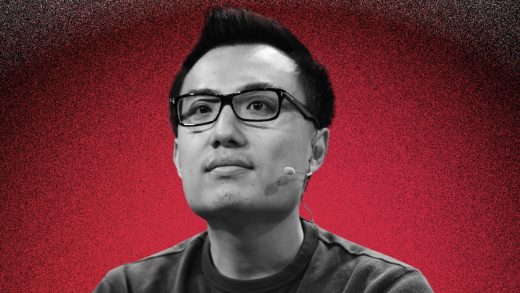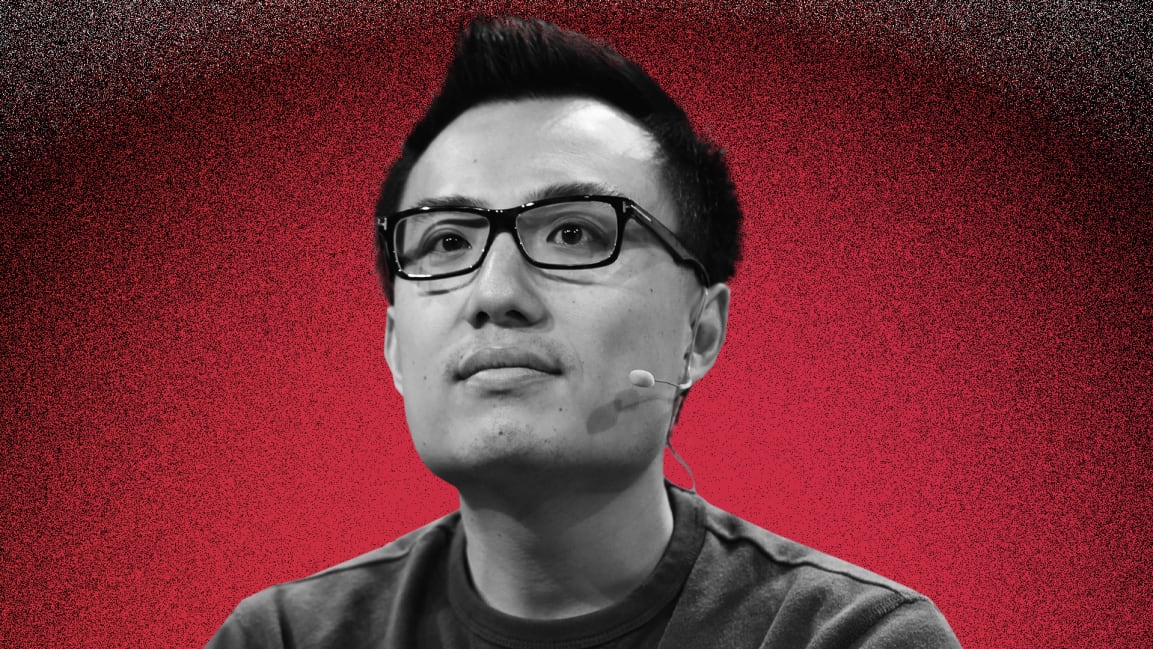“We don’t have to spend it all at once!” CEO Tony Xu on DoorDash’s $3.4 billion IPO
Food delivery platform DoorDash soared in its blockbuster public offering this week, raising nearly $3.4 billion for a market capitalization of more than $70 billion. That’s an astounding windfall for a company that has yet to turn a profit.
But cofounder and CEO Tony Xu, a billionaire at age 36, is grounded by more prosaic concerns: finding new customers, providing cash rewards for drivers, expanding efforts to offer a wider range of products for delivery in new geographies.
“Like with all financing activities, the first thing I say internally to the company [is], ‘We don’t have to spend it all at once,’” Xu said in an interview Wednesday.
DoorDash had become the subject of fascination among the press and investors, in part because of its enviable private valuation, reportedly $16 billion before the public offering, even as it lost money. (The company reported a $149 million net loss on $1.9 billion in revenue for the first nine months of 2020, narrowing a $533 million net loss on $587 million in revenue in the same period a year earlier.) DoorDash also raised $680 million from controversial investor Masa Son’s SoftBank Vision Fund, which was known for its fat checkbook and aggressive style before portfolio companies such as WeWork floundered.
Asked specifically about what DoorDash gained from having SoftBank as an investor, Xu was circumspect. “We’re certainly thankful SoftBank and frankly, our entire cap table, who’ve been with us on this journey,” he said. “They’ve been good investment partners. But no one has had [a] disproportionate impact just because of how much investment they’ve made.” He added: “For us, it’s always been first and foremost, chasing customers and chasing excellence, and not chasing scoreboards or financing activities or investors.”
Xu says DoorDash’s high-profile status in Silicon Valley has prepared it for life post-IPO. “We felt that we had always been evaluated as a public company in terms of the attention we received without any of the benefits” including liquidity for employees. He also noted that a public currency could make it easier to do acquisitions.
DoorDash, which is adding convenience stores and grocers to its roster of merchants, has faced questions about whether it will be able to continue its growth as communities recover from the COVID-19 pandemic, which buoyed all food-delivery companies. In its IPO prospectus, DoorDash acknowledges that its growth may slow as the health crisis subsides, though Xu believes delivery to offices and workplaces “will become even bigger as we get out of the pandemic.”
Xu says he has an intimate connection to the business he and cofounders Andy Tang, Stanley Fang, and Evan Moore launched seven years ago. He has talked about working as a dishwasher alongside his mother at a Chinese restaurant, one of the many jobs she held down to help the Xu family make ends meet while his father pursued his education.
“My mom, you know, she worked three jobs a day for 12 years because that was the only way we could put food on the table. Her story is true in so many of the businesses we serve, and in the Dasher community,” he says. “For me, it’s personal.”
Xu noted that the company had earmarked $12 million for its drivers, known as “Dashers,” who will be eligible for payments of $300 to $20,000 in local currency, as part of a larger $200 million, five-year community relief effort the company announced in November. Dashers did not receive equity grants in the company, nor did they participate in a stock purchase program as part of the public offering.
(20)



